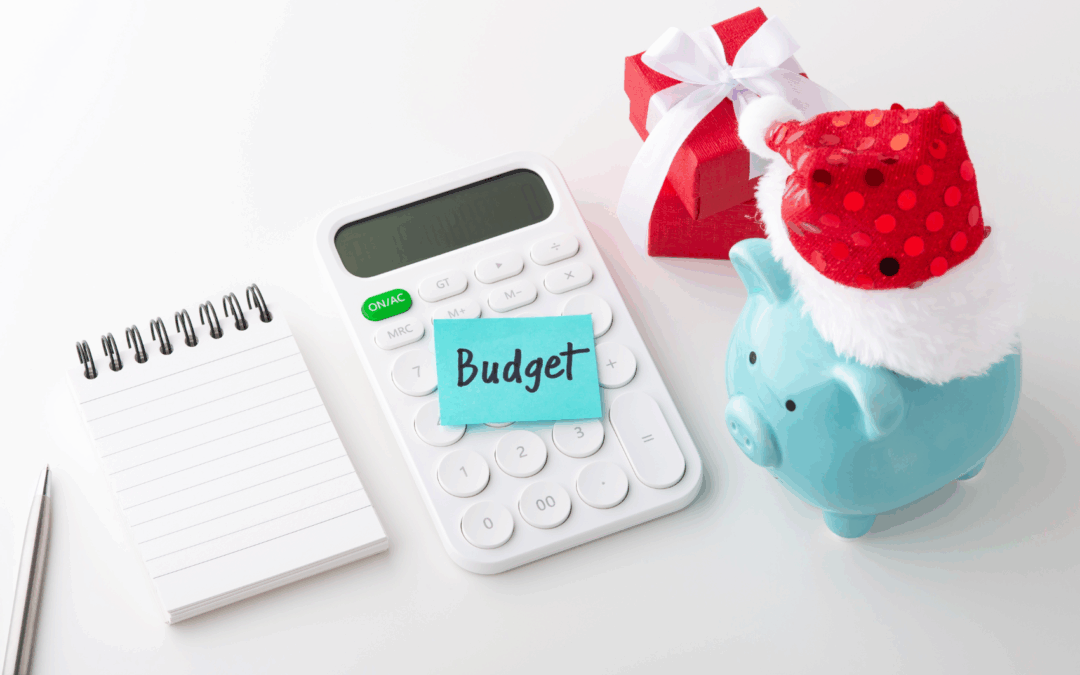The festive season is a wonderful time to relax, celebrate and connect with the people who matter most. But between gifts, social events, travel and all the little extras, December can quickly become one of the most expensive months of the year.
A little planning now can make a big difference later. Here are some simple, practical cashflow tips to help you enjoy the season without the financial hangover in January.
1. Set a Festive Budget
Before the Christmas rush hits, take a moment to map out what you can realistically afford.
- Decide on an overall spending limit.
- Break it down into categories such as gifts, food, travel, decorations and entertainment.
- Use a spreadsheet or budgeting app to track your spending as you go.
A clear plan removes guesswork and helps keep festive enthusiasm from turning into overspending.
2. Plan Gifts Strategically
Gift-giving can be one of the biggest Christmas expenses. A little strategy goes a long way.
- Make a list of recipients and set a spending limit for each.
- Consider thoughtful alternatives such as group gifts, Secret Santa arrangements, or DIY presents.
A planned gift list keeps spending under control while still allowing you to give meaningfully.
3. Avoid Impulse Buys
The holiday period is full of sales, promotions and limited-time offers designed to tempt you.
- Shop with a list and stick to it.
- Unsubscribe from promotional emails or mute targeted ads that encourage extra spending.
- Before you buy, pause and ask whether the purchase is planned or just a festive impulse.
A few conscious decisions can save you hundreds.
4. Use Cash or Debit Instead of Credit
Credit cards can make it easy to overspend especially during a busy season.
- Withdraw your Christmas budget in cash.
- Or use a prepaid debit card to limit what you can spend.
- Avoid carrying balances into the new year that can take months to repay.
Keeping spending tied to actual funds on hand encourages discipline and keeps January stress-free.
5. Spread Out Purchases
Not everything needs to be bought in December.
- Start your Christmas shopping early and spread the cost over several pay cycles.
- Take advantage of sales and specials—but only for items already on your list.
- Consider booking travel or accommodation ahead of time to avoid peak pricing.
Planning ahead reduces pressure and smooths out your cashflow.
6. Review Last Year’s Spending
A quick look at last year’s bank or credit card statements can be incredibly helpful.
- Identify where costs blew out.
- Decide what you could scale back or do differently this year.
- Use those insights to shape a more realistic and comfortable plan.
Learning from past experience creates better habits moving forward.
7. Focus on Meaning Over Money
Some of the best festive memories don’t cost much at all.
- Plan low-cost activities like beach days, picnics, movie nights or neighbourhood walks to see the lights.
- Share experiences instead of gifts such as cooking together or volunteering as a family.
- Remember: the time you spend together is often what people value most.
Keeping your focus on connection rather than consumption reduces pressure and creates richer memories.
Avoid the Christmas Cashflow Hangover
A little preparation now can prevent a financial headache later. With a clear plan and a few simple habits, you can enjoy a festive season that feels joyful, generous and financially manageable.
If you’d like personalised guidance around budgeting, saving or managing your cashflow heading into the new year, our team is here to help.

